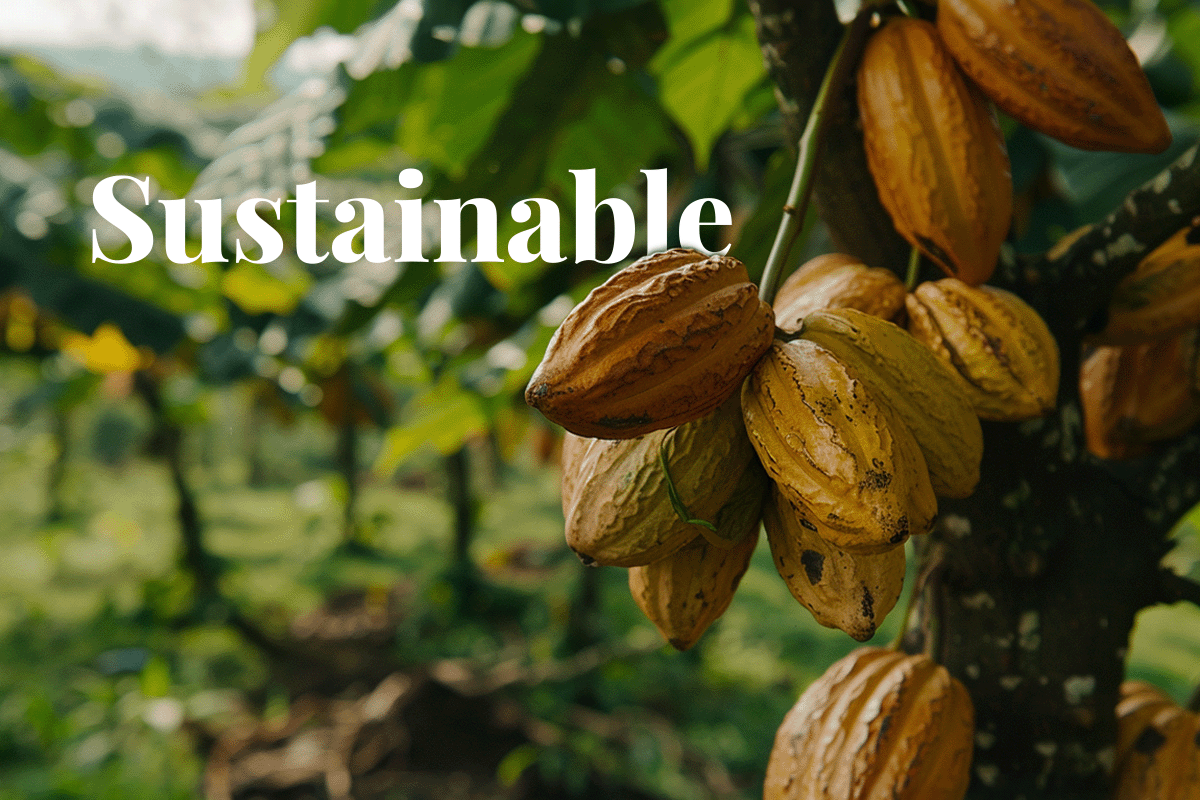The Central African Forest Initiative (CAFI), a coalition of donors from Europe and South Korea, has approved a $20 million project in Cameroon. This funding will support the transition to deforestation-free agro-ecological practices in the country.
 Close-up of cocoa tree branch, Cameroon agriculture landscape in the background. AI generated picture.
Close-up of cocoa tree branch, Cameroon agriculture landscape in the background. AI generated picture.
Approved by CAFI's executive board last week, the project is part of the Cameroon-CAFI partnership aimed at helping Cameroon achieve its climate goals. The funds will benefit the Cameroon Coffee and Cocoa Development Fund over the next three years, bolstered by additional resources from the EU.
Read more: The Science Based Targets initiative and carbon offsetting: striking the right balance
This initiative aligns with the EU Deforestation Regulation (EUDR), which poses challenges for small-scale coffee and cocoa producers. Under EUDR, operators must ensure that their products do not come from recently deforested land or contribute to forest degradation.
To aid compliance, Cameroon has established the Coffee and Cocoa Development Fund, known locally as the Fonds de Développement des Filières Café et Cacao (FODECC). FODECC, funded by a levy on cocoa and coffee exports amounting to €12 million annually, supports the geolocation of plots and the opening of accounts for 223,000 small-scale producers. These producers receive subsidies to make their production processes more sustainable.
Read more: NGOs voice support for recent SBTi decision
The UN's International Fund for Agricultural Development has been chosen by CAFI and Cameroon's Ministry of Economy, Planning, and Land Planning to execute the project. This decision followed a call for expressions of interest launched in May last year.
CAFI is a multi-donor initiative supporting six Central African countries in meeting the objectives of the Paris Agreement and the Post-2020 Biodiversity Framework.
DGB Group's global nature-based carbon projects are crafted with a holistic approach, emphasising long-term sustainability. By blending economic, environmental, and social benefits, our initiatives aim to create lasting positive impacts on rural communities. Our vision is for sustainable development that fosters continuous improvement, empowering local populations with the knowledge, resources, and support they need to thrive. As these communities grow stronger, they contribute to a healthier planet and a more resilient future for everyone.
Partner with DGB to support nature restoration

